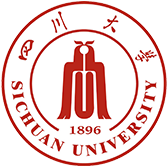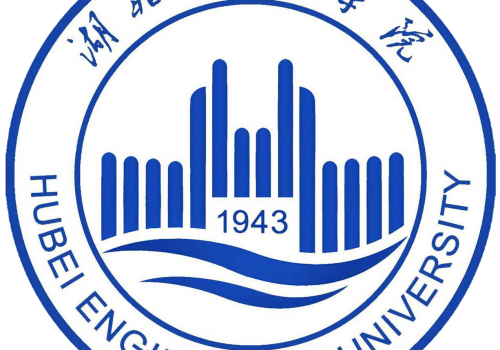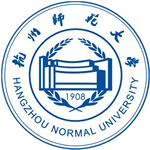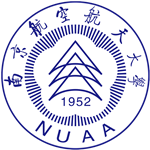About Capital Medical University
Capital Medical University, founded in 1960, is a key institution of higher learning in Beijing, co-sponsored by the Beijing Municipal Government, the National Health Commission and the Ministry of Education. Professor Wu Jiping, the late famous urological expert, academician of both houses of China and vice chairman of the Standing Committee of the National People’s Congress, was the first president. The current Party Secretary is Dr. Wenliang Hu, and the president is Professor Rao Yi, a famous molecular neurobiologist in China.
Has 11 school school cadre institute, a research center, including basic medical college, college of pharmacy, school of public health and nursing institute, institute of biomedical engineering, institute of Chinese medicine, medical college of humanities, school of continuing education, and in general medicine, school of marxism, international college, yanjing school of medicine, the research on diseases of brain centers. The University now has 21 clinical medical schools (19 of which are affiliated hospitals), Xuanwu hospital, including the capital medical university (the first clinical medical college), Beijing friendship hospital affiliated to Beijing chaoyang hospital affiliated to (the second clinical medical college), Beijing tongren hospital affiliated to clinical medical school (3), (the fourth clinical medical college), Beijing tiantan hospital affiliated clinical school of medicine (5), Beijing anzhen hospital affiliated clinical medical school (6), the revival of affiliated hospital of the first Eight) clinical medical college, Beijing youan hospital affiliated clinical medical school (9), Beijing chest hospital affiliated clinical medical school (10), three Po brain hospital, capital medical university clinical medical school (11), Beijing ditan hospital affiliated clinical school of medicine (12), the Beijing children’s hospital affiliated of paediatrics), affiliated Beijing stomatological hospital medical school (oral), accessory Beijing anding hospital (institute of mental health), affiliated to Beijing maternity hospital of obstetrics, affiliated Beijing hospital of traditional Chinese medicine (TCM) clinical medical college, affiliated hospital of Beijing millennium monument (tumor), school of medicine, rehabilitation medicine (Beijing), Beijing rehabilitation hospital affiliated subsidiary Beijing hospital clinical medical college) brand (firm river river, Chinese rehabilitation research center (rehabilitation medicine), Japan Friendship Hospital (China-Japan Friendship Clinical Medical College), and preventive medicine teaching base (Beijing Center for Disease Control and Prevention). The university also has 39 clinical colleges and departments, and 39 clinical diagnosis, treatment and research centers.
The university has a total enrollment of 14464 full-time students, including 6023 postgraduates, 6599 undergraduates, 1139 higher vocational students and 703 international students. The number of adult education students is 2,730. The university and its affiliated hospital now have a total of 39,356 faculty and medical staff (1578 at the university headquarters and 37,778 at the affiliated hospital), including 6 academicians; 2,951 people with senior professional titles and 4,780 people with associate senior professional titles; There are 904 professors and 1299 associate professors. There are 1024 doctoral supervisors and 1252 master supervisors.
The university now has 8 national key disciplines and 2 national key disciplines. 60 national key clinical specialties (including traditional Chinese medicine); 14 key disciplines (cultivation) of State Administration of Traditional Chinese Medicine; It has 4 Beijing first-level key disciplines, 6 Beijing second-level key disciplines, 1 Beijing key interdisciplinary discipline, and 1 Beijing higher education subject group. School of clinical medicine, neuroscience and behavioral science, pharmacology and toxicology, immunology, biology and biochemistry, molecular biology and genetics, general, psychiatry and psychology of social science, microbiology, chemistry, materials science, 11 before entering the ESI discipline global ranking 1%, among them, the clinical medicine before entering the ESI subject 1 ‰, Neuroscience and behavior, Pharmacology and Toxicology, immunology, Biology and biochemistry were ranked in the top 5‰ globally.
There are 8 first-level discipline doctorate programs and 13 first-level discipline master degree programs; According to the statistics of the three levels of disciplines, there are 59 doctoral degree programs and 77 master degree programs; It has the right to grant master’s and doctor’s degrees in all medical and medical-related disciplines. There are 9 post-doctoral research stations. The university has set up long – length majors including clinical medicine, pediatrics and stomatology; Undergraduate major is clinical medicine, preclinical medicine, oral medicine, pediatrics, preventive medicine, psychiatry, medicine, clinical medicine, traditional Chinese medicine and TCM, nursing, orthopaedic engineering, biomedical engineering, artificial limb rehabilitation therapeutics, hearing and speech rehabilitation, public utilities management (health management), law (health law), medical technology, medical test technology, the medical experiment Imaging technology, information management and information system (health information management), optometry, health inspection and quarantine, midwifery 24; There are 14 majors in higher vocational education, such as nursing, medical laboratory technology and pharmacy. The university cultivates academic and applied talents in medicine and medical-related disciplines, forming a comprehensive, multi-level and innovative talent training model.
At present, the university has 6 pilot projects of “Excellent Doctor Education and Training Program” by the Ministry of Education and the National Health Commission. 7 national and 10 municipal specialty; 4 key first-class majors in Beijing, 13 national and 11 municipal first-class undergraduate programs; 7 national and 18 municipal quality courses, 5 national quality resource sharing courses, 1 national quality video open course, 8 national first-class undergraduate courses and 12 Beijing university quality undergraduate courses; One national course ideological and political demonstration course, five Beijing university courses ideological and political demonstration course. There are 3 national and 6 municipal experimental teaching demonstration centers, 3 national talent training mode innovation experimental areas and 1 municipal talent training mode innovation experimental areas, 1 national off-campus practical education base for college students, 5 Beijing off-campus talent training bases and 1 quality-oriented education base. There are 7 national excellent teaching teams, 2 Huang Danian teacher teams, 2 educational teams of ideological and political demonstration courses of the Ministry of Education, 11 municipal excellent teaching teams, 2 excellent undergraduate education teams of Beijing universities, and 6 educational teams of ideological and political demonstration courses of Beijing universities. There are 1 national famous teachers, 29 municipal famous teachers, 3 young famous teachers, 3 famous teachers of “High Innovation Plan”, 6 famous teachers of ideological and political demonstration courses in Beijing universities. The school has won 1 national Grand Prize, 8 second prize, 1 excellence Award, 2 municipal Grand prizes, 25 first prizes, 40 second prizes and 1 Excellence award. In 2014, the university passed the clinical medicine professional certification of the Ministry of Education. In 2018, the university was fully recognized by the expert group in the audit and evaluation of undergraduate teaching work of the Ministry of Education.
Campus Scenery
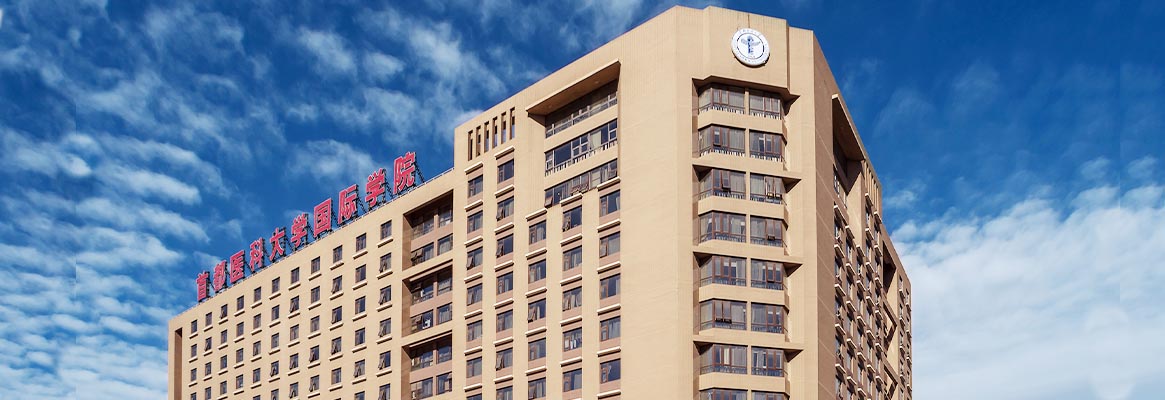
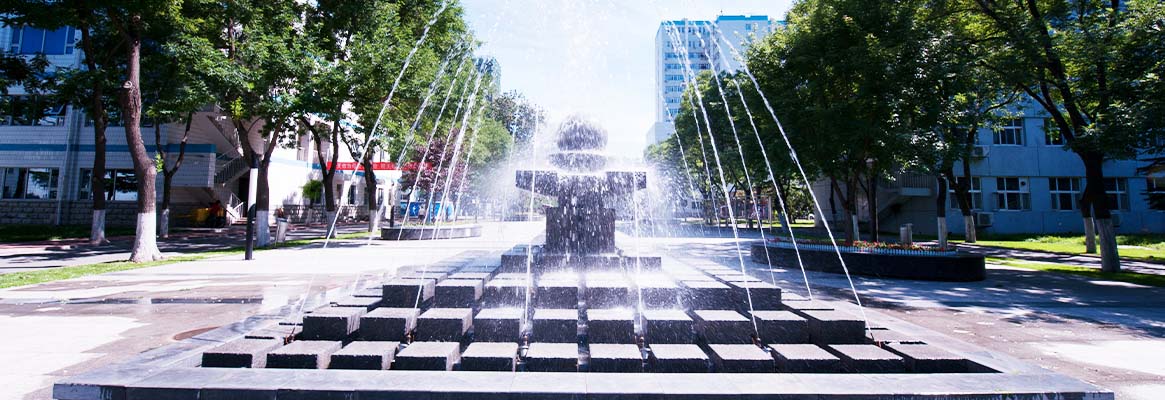
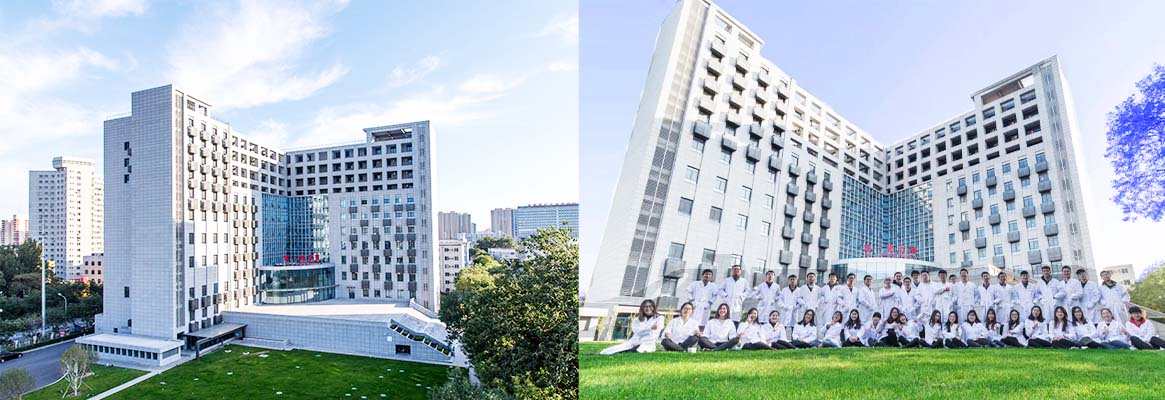
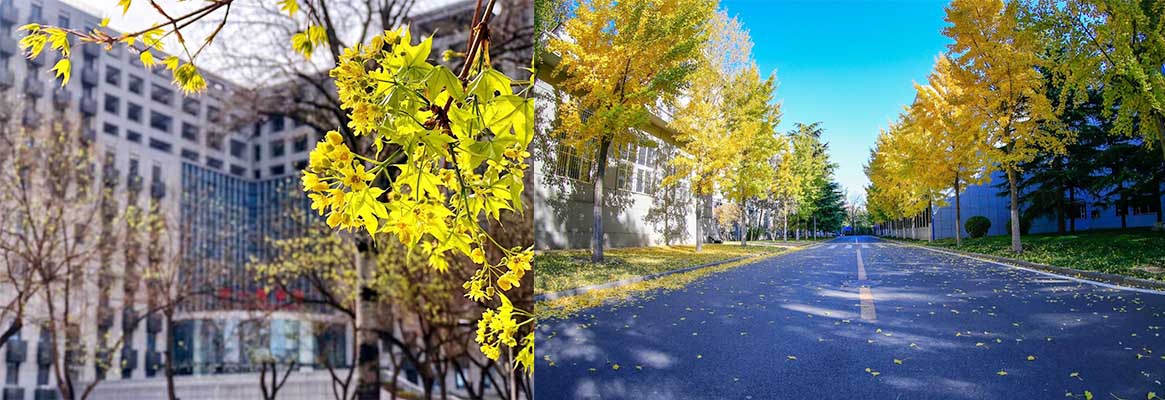
Learning and activities
.jpg)
.jpg)
.jpg)
.jpg)
Accommodation conditions
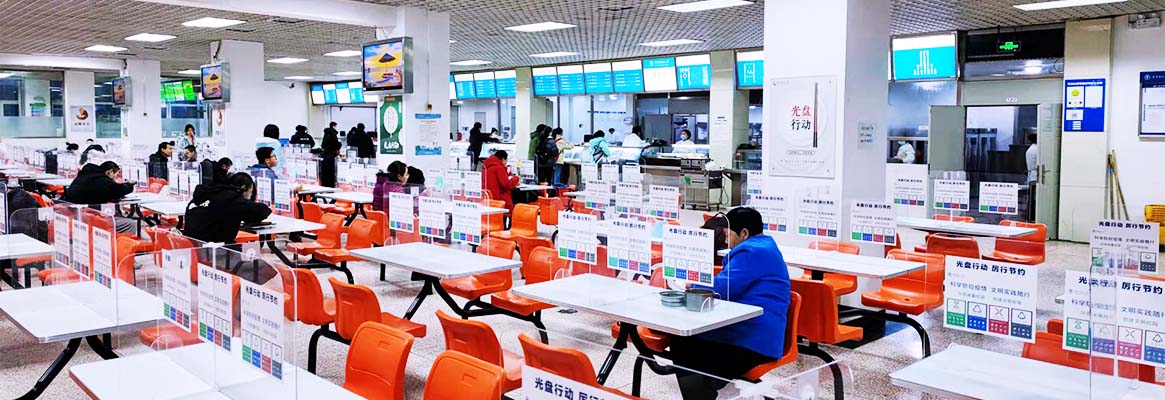
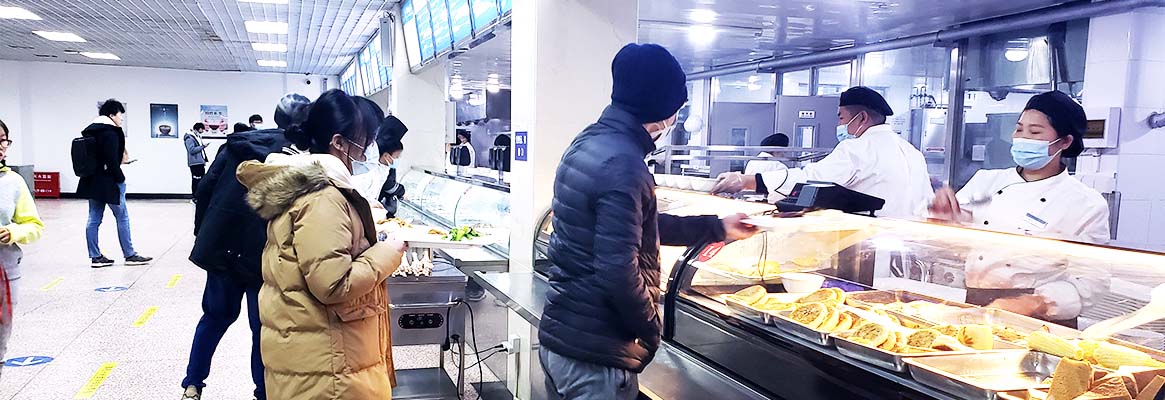

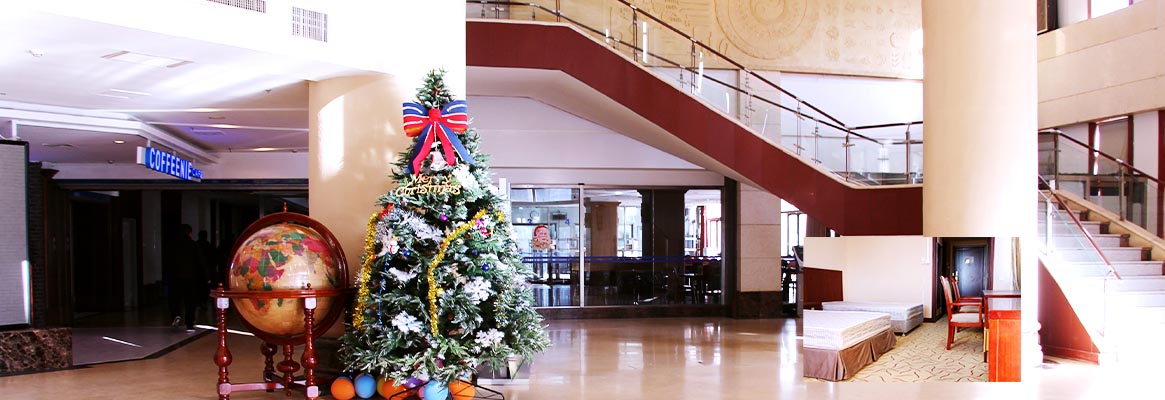
Capital medical university always adhere to the “based on the capital, facing the whole country, to the world”, adhere to the “reform and development, the level of quality benefits, highlight the school characteristics, broadening the fostering caliber” four principles, follow the rules of law of medical education and medical talents, pay attention to the cultivation standard and process, strengthen the overall quality education and comprehensive ability training, Actively develop overseas medical education to achieve the first-class influence of school education.
The overseas education of Capital Medical University began in the early 1960s, mainly with overseas Chinese students. In 1981, the University of Texas Medical College at Houston and the State University of New York at Buffalo began to enroll international students on short-term exchange. Since 1998, the university has officially enrolled international students and students from Taiwan, Hong Kong and Macao to teach Chinese for overseas undergraduate education. The International School was established in 2006 and began to recruit international undergraduate students taught in English in 2007. The number of students began to grow rapidly. In 2012, the university was approved by China Scholarship Council to receive Chinese government scholarship, and the number of undergraduate and postgraduate students in China who are funded by the Chinese government has further increased. As of January 2017, the university has a total of 585 international students, including 565 bachelor’s degree students, 13 master’s degree students and 7 doctoral students. There are 43 Chinese government scholarship students and 542 self-funded international students. They come from more than 60 countries, most of them from Asia, Africa, the Middle East, South America and Central and Eastern Europe, covering many countries along the Belt and Road, and a few from North America and Europe. Non-degree international students and exchange international students remain stable, with an average of 100-200 per year, the vast majority of them coming from developed countries in Europe and the United States.
The graduation rate of international students is not less than 90%. Most students return to their home countries to seek jobs. A considerable number of students have obtained local medical license, some of them have already worked in the local medical service system, some of them have obtained American medical license, and a few continue to study for postgraduate degrees in China.
Rankings and reputation
Capital Medical University is listed as one of the top 400 universities in the World University Rankings. CMU is consistently ranked among the top medical schools in China and has ranked in the top 1 or 2 best nationwide, together with Peking Union Medical College among Chinese Medical Universities in the recognized Best Chinese Universities Ranking.[9][10]
As of 2022, its “Dentistry & Oral Sciences”, “Medical Technology”, “Biomedical Engineering”, and “Nursing” were ranked in the top 200 in the world , while “Biological Sciences”, “Human Biological Science”, “Human Biological Sciences”, “Public Health”, and “Clinical Medicine” were placed in the top 300 in the world by the Academic Ranking of World Universities.[11] Its “Clinical Medicine” also ranked 209th globally by the U.S. News & World Report.
Academic Ranking of World Universities (ARWU)
Academic Ranking of World Universities (ARWU), also known as the Shanghai Ranking, is one of the annual publications of world university rankings. It’s the first global university ranking with multifarious indicators.


